
Our Consortium
Sustain-R is driven by a multidisciplinary consortium of leading institutions from across Europe.
An International Effort
Sustain-R brings together a multidisciplinary consortium of leading research institutions across Europe. Each partner contributes specialized expertise — from advanced water treatment technologies to ecological assessments — ensuring a holistic approach to restoring aquatic ecosystems.
KTH Royal Institute of Technology
Serving as the project coordinator, KTH leads the development and scaling of Capacitive Deionization (CDI) systems and membrane-free electrocatalytic devices. Their focus is on transforming nitrates into reusable ammonia and advancing sustainable nutrient recovery technologies.
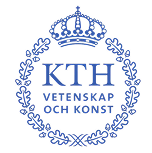
Aristotle University of Thessaloniki
AUTH plays a key role in simulation and field testing, applying membrane-free electrocatalytic devices in agricultural landscapes. The team also leads ecosystem health assessments, ensuring that technological innovation translates into measurable ecological benefits.

AERIS Tecnologías Ambientales
AERIS specializes in pilot-scale demonstration plants for nutrient removal. They design, construct, and operate facilities that test biological nitrogen and phosphorus removal using both synthetic and real water samples, providing essential proof-of-concept for real-world application.

Aarhus University
Aarhus University advances the implementation of CDI technologies in Recirculating Aquaculture Systems (RAS). Their research focuses on efficient removal of ammonia, nitrite, and nitrate in fish feeding systems, bridging technology development with aquaculture sustainability.

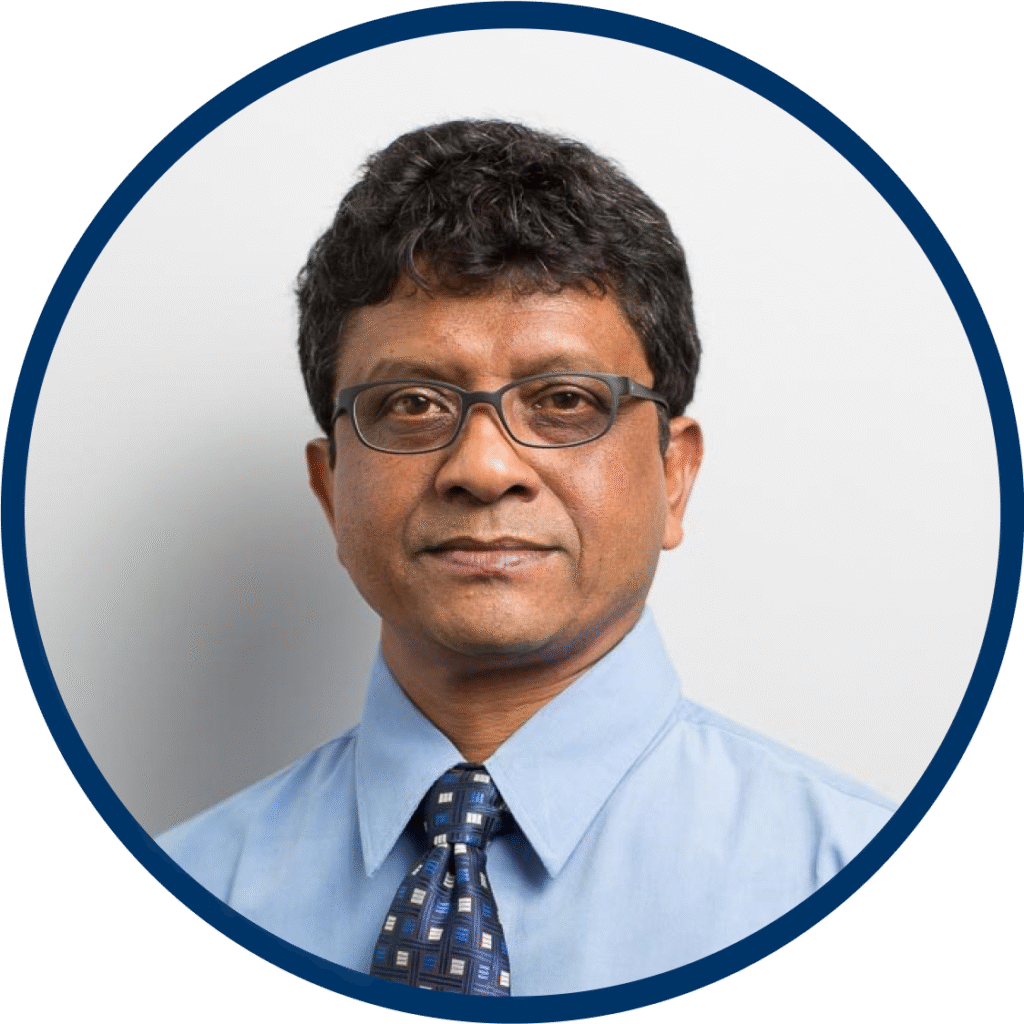
Project Coordinator
KTH Royal Institute of Technology
Research & Academic Leadership
Prof. Dutta is a leading researcher in nanomaterials and water treatment technologies, with over 35 years of international experience. He heads the Functional NanoMaterials Group at KTH, focusing on capacitive deionization, electrocatalysis, and sustainable nutrient recovery.
Global Experience & Innovation
He has held senior positions at the Asian Institute of Technology (Thailand) and Sultan Qaboos University (Oman), alongside research roles in Switzerland, France, and Japan. In parallel, he co-founded deep-tech companies in Sweden working on water purification, functional coatings, and green hydrogen.
Role in Sustain-R
As coordinator of Sustain-R, Prof. Dutta leads the project’s vision to merge advanced science with practical applications, ensuring meaningful contributions to ecosystem restoration and circular resource use.
Key Contacts
For inquiries related to project coordination, research areas, or collaboration opportunities, you may reach out to our consortium leads:
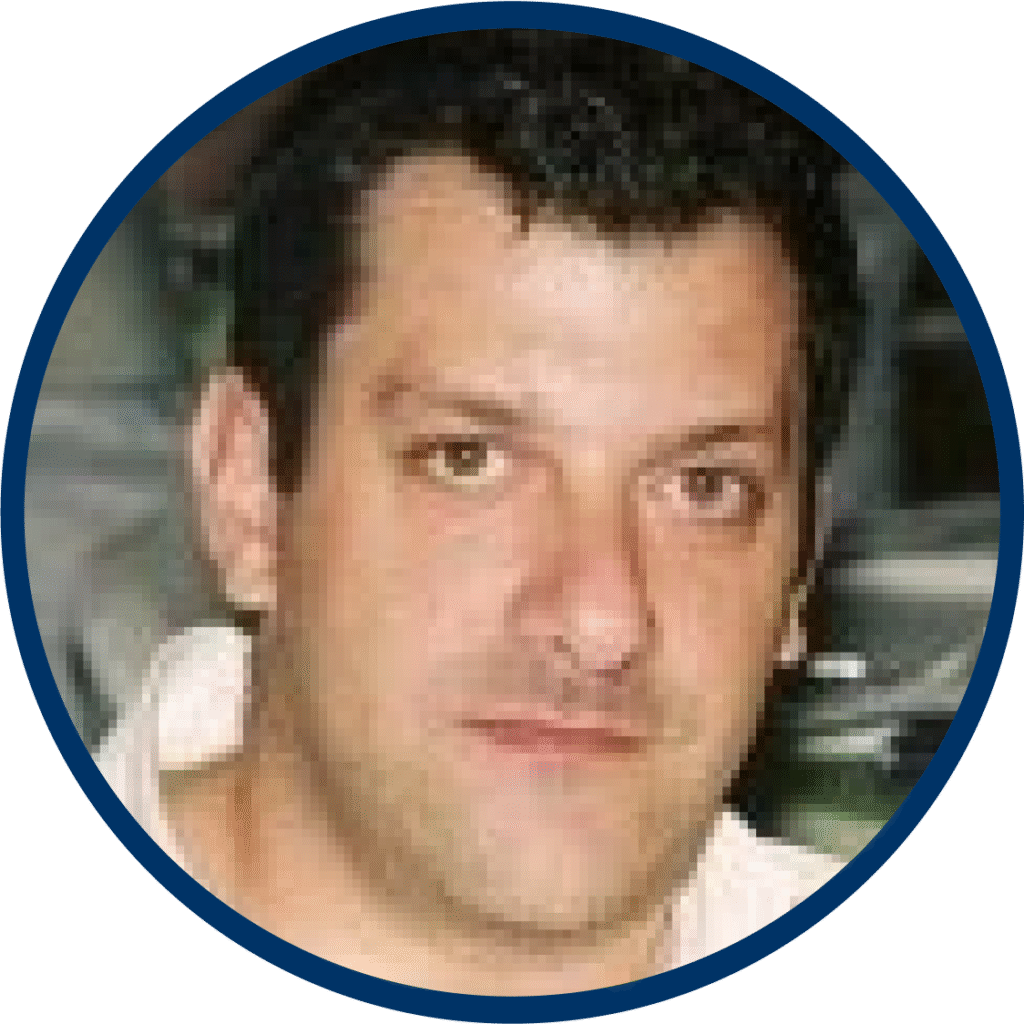
Assistant Professor
Aristotle University of Thessaloniki
Academic and Research Background
Dr. Ioannis Panagopoulos is an Assistant Professor at the Aristotle University of Thessaloniki, in the Department of Hydraulics, Soil Science, and Agricultural Engineering. With over two decades of research experience, he has held positions at institutions such as the Hellenic Centre for Marine Research, the National Technical University of Athens, and Iowa State University. His work has significantly advanced understanding in hydrology, river basin management, and sustainable water resource use.
Research and Scientific Contributions
Dr. Panagopoulos specializes in hydrological and water quality modelling, GIS applications, and aquatic ecosystem management. He has published extensively, with an H-index of 31 (Google Scholar), and serves as an Associate Editor for the Hydrological Sciences Journal as well as a board member for MDPI Hydrology. He has also played key roles in European research initiatives, including projects on nutrient reduction, sustainable agriculture, and climate change impacts on water systems.
Role in Sustain-R and Ongoing Projects
As part of the Sustain-R project, Dr. Panagopoulos leads large-scale hydrological and water quality simulations for agricultural river basins in Greece. His team applies innovative modelling approaches to identify optimal strategies for nutrient cycling and aquatic system restoration, ensuring that scientific insights directly inform policy and practice. Beyond Sustain-R, he is also involved in the BIOGRASS project, focusing on bioenergy production and sustainable water use in Greek agriculture.
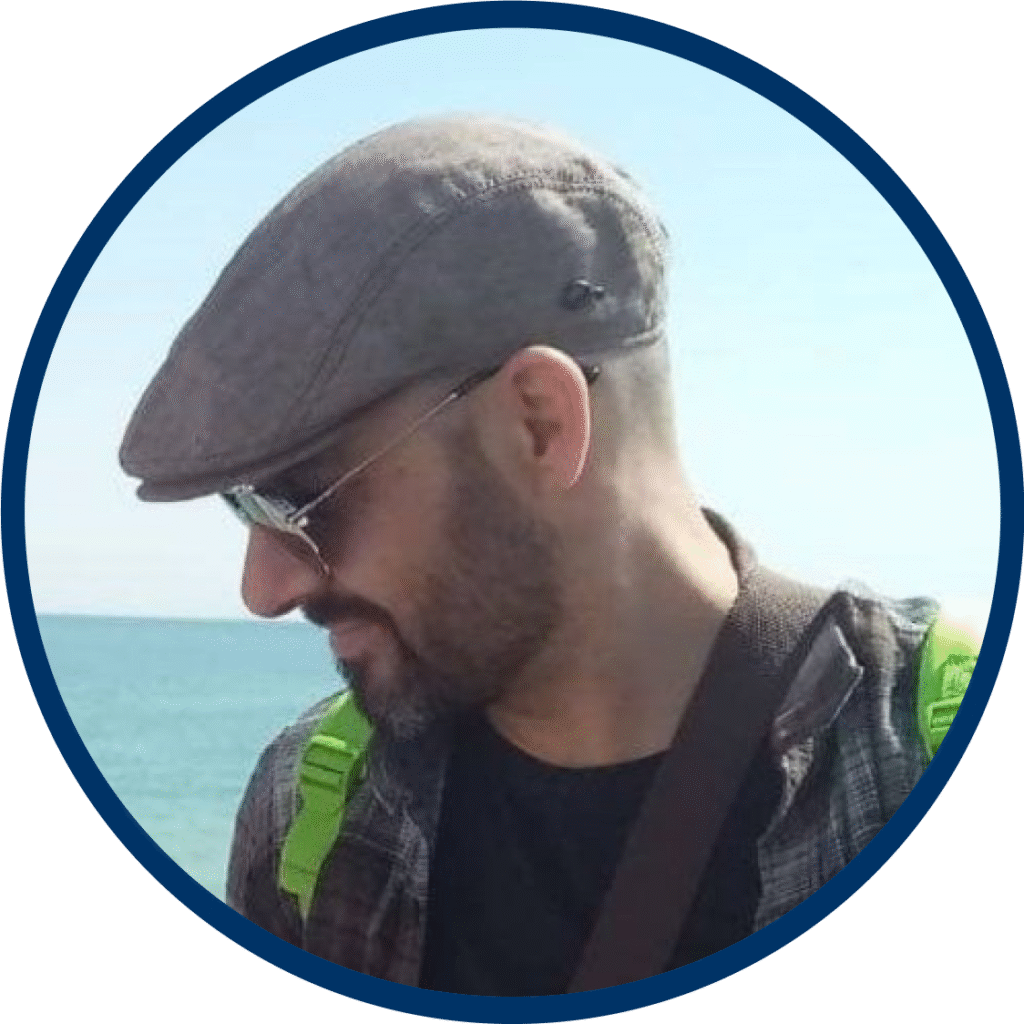
CEO
Aeris Tecnologías Ambientales S.L
Academic and Professional Background
Óscar Prado Rubianes has over 25 years of experience working across academia and the private sector in residue treatment, valorization, and environmental biotechnology. He has held research positions at the Universidad Autónoma de Barcelona, the Bio-GLS Center, and Matgas 2000 A.I.E., before moving into leadership roles. His academic journey includes significant contributions to air pollution treatment, biofiltration technologies, and sustainable waste management.
Research and Scientific Contributions
Óscar has authored numerous books, book chapters, and peer-reviewed articles on topics such as biofiltration, gas-phase pollutant removal, and sustainable bioenergy from marine resources. His work bridges fundamental science with applied engineering, including advancements in bioreactors for waste gas treatment and biotechnological solutions for industrial waste. His publications are widely cited and form a key reference base in environmental remediation research.
Role in Sustain-R and Current Projects
As CEO of Aeris Tecnologías Ambientales, Óscar brings an industry-driven perspective to the Sustain-R project, focusing on the practical deployment of innovative waste and water treatment technologies. He is actively engaged in several high-profile EU-funded projects, including LIFE ABATE, AQUALOOPS, VALZEO, BIOMETHAVERSE, and RELEAF, all of which target circular economy approaches and climate-resilient solutions. His leadership ensures that Sustain-R benefits from strong connections between scientific research and market-ready applications.
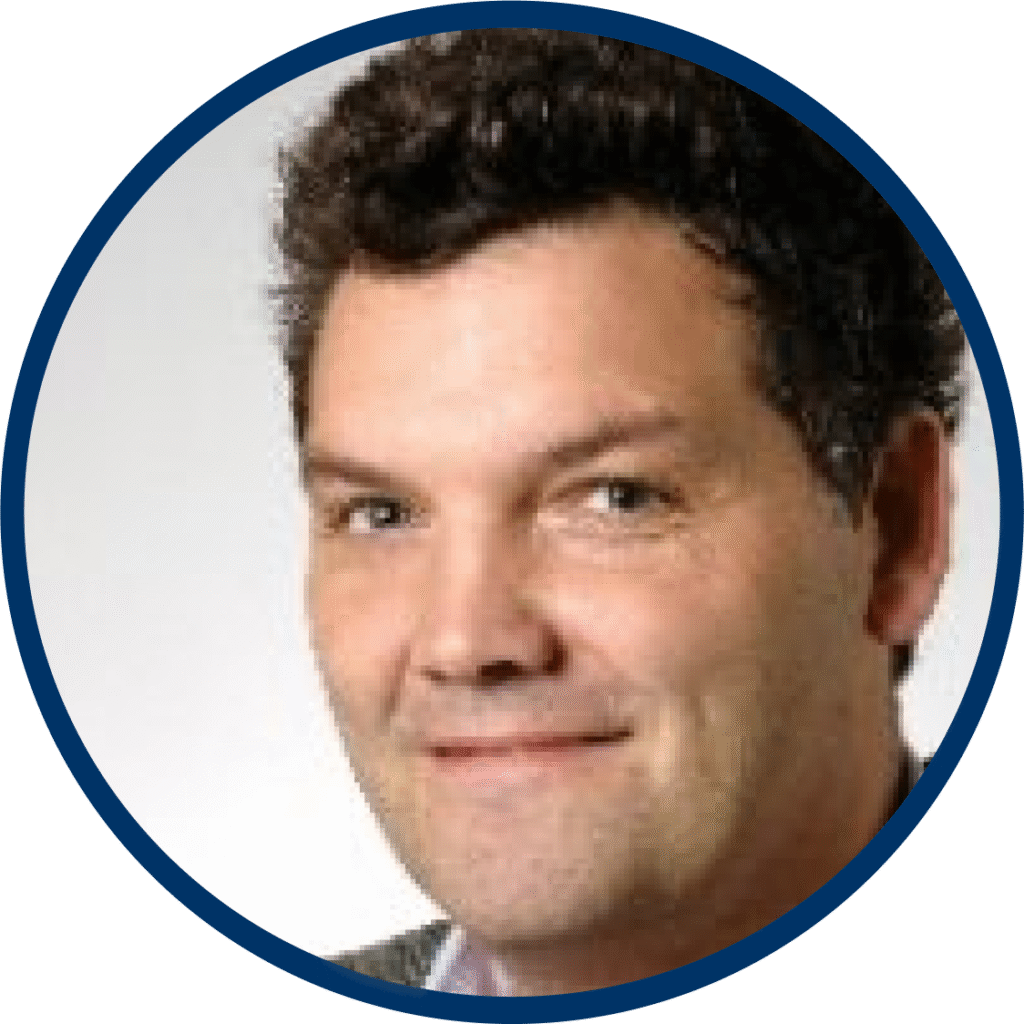
Associate Professor
Aarhus University
Academic and Research Background
Prof. Bayley holds a Ph.D. in Biology from Aarhus University and has been with the Department of Biology since 1994, currently serving as Head of the Zoophysiology Section. His career spans over three decades, with earlier roles at NERI (Denmark) and various leadership and teaching positions at Aarhus University.
Research and Scientific Contributions
His research focuses on the respiratory physiology of fish, including oxygen uptake, CO₂ excretion, and acid–base balance in freshwater and air-breathing species. He has developed novel methods to measure CO₂ excretion in fish and explores how these insights can inform feed development in aquaculture. He also investigates the use of capacitive deionization as a sustainable method for nitrogen control in recirculating aquaculture systems. Prof. Bayley has authored over 110 peer-reviewed papers (h-index 41, 6,200+ citations) and has trained numerous MSc and PhD students globally.
Role in Sustain-R and Current Projects
Within Sustain-R, Prof. Bayley brings expertise in fish physiology and aquaculture systems, ensuring that innovations in nutrient recovery align with the needs of sustainable food production. He has coordinated and contributed to several major projects funded by Danida, DFF, NordForsk, and Water4All, focusing on climate change impacts, aquaculture, and ecosystem restoration. His role in Sustain-R emphasizes linking fundamental physiology with applied technologies for water quality and ecosystem health.
Have a Question?
We’d be happy to hear from you. Whether you’re a researcher, policymaker, or simply curious about our work, feel free to reach out to the Sustain-R team.